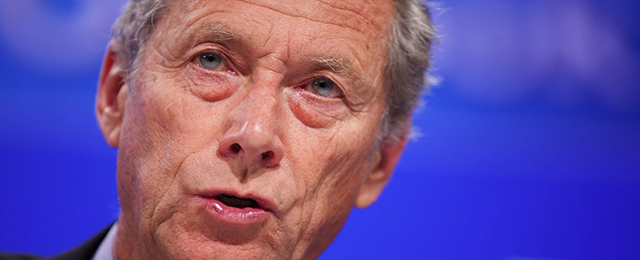- First, there was the widely discussed mea culpa in the October 2012 World Economic Outlook, when the IMF staff basically disavowed their own previous estimates of the size of multipliers, and in doing so they certified that austerity could not, and would not work (of course this led EU leaders to immediately rush to do more of the same).
- Then, the Fund tackled the issue of income inequality, and broke another taboo, i.e. the dichotomy between fairness and efficiency. Turns out that unequal societies tend to perform less well, and IMF staff research reached the same conclusion. And once the gates opened, it did not stop. The paper by Berg and Ostry was widely read. Then we had Ball et al on the distributional effects of fiscal consolidation (surprise, it increases inequality). Another paper investigated the channels for this link, highlighting how consolidation leads to increased inequality mostly via unemployment. And just last week I assisted to a presentation by IMF economists showing how austerity and inequality are positively related with political instability.
- On labour markets, before yesterday’s box 3.5, the Fund had disseminated research linking increased inequality with the decline in unionization.
- Then, of course, the “public Investment is a free lunch” chapter three of the World Economic Outlook, in the fall 2014.
- In between, they demolished another building block of the Washington Consensus: free capital movements may sometimes be destabilizing…
These results are not surprising per se. All of these issues are highly controversial, so it is obviousthat research does not find unequivocal support for a particular view. All the more so if that view, like the Washington Consensus, is pretty much an ideological construction. Yet, the fact that research coming from the center of the empire acknowledges that the world is complex, and interactions among agents goes well beyond the working of efficient markets, is in my opinion quite something.
What does this mass (yes, now it can be called a mass) of work tells us? Three things, I would say. First, fiscal policy is back. it really is. The Washington Consensus does not exist anymore, at least in Washington. Be it because the multipliers are large, or because it has an impact on income distribution (and on economic efficiency); or again because public investment boosts growth, fiscal policy has a role to play both in dampening business cycle fluctuations and in facilitating stable and balanced long term growth. The fact that a large institution like the IMF has lent its support to this revival of consideration for fiscal policy, makes me hope that discussions about macroeconomic policy will be less ideological, even once the crisis will have passed.
The second thing I learn is that the IMF research department proves to be populated of true researchers, who continuously challenge and test their own views, and are not afraid of u-turns if their own research dictates them. I am sure it has always been the case. What is different from the past is that now they have a chief economist who seems more interested in understanding where the world goes than in preaching a doctrine.
The third remark is more problematic. If I write a paper saying that austerity will not be costly because multipliers are 0.5, and 2 years later retract my previous statement and argue that austerity is in fact self defeating, the impact on the world is zero. If the IMF does the same, during the two years huge suffering will be needlessly inflicted to masses of people. This poses a problem, as research by definition may be falsified. In the past an institution like the IMF would never have admitted a mistake. And we certainly do not want to go back there. Today they do admit the mistakes, but the suffering remains. The only way out to this problem is that the “new” IMF should learn to be cautious in its policy prescriptions, and always remember that any policy recommendation is bound to be sooner or later proven inappropriate by new data and research. We don’t live in a black and white world. Adopting a more prudent stance in dictating policies would be wise (in Brussels as well, it goes without saying). And of course, the disconnect between the army and the general is also a problem.
*This article was originally published at Francesco Saraceno’s blog, which you can read here. Follow Prof. Saraceno on Twitter here.






Be the first to comment on "IMF: The Blanchard Touch"